Getting the Lead Out
Charlene Lovett takes on lead poisoning in her New Hampshire city.
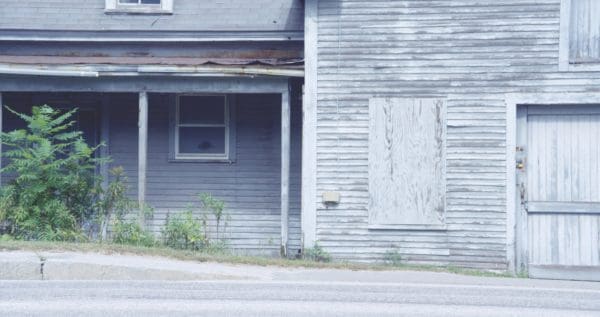
Charlene Lovett takes on lead poisoning in her New Hampshire city.

Last month, we helped raise the alarm about a dangerous proposal for a garbage depot near Washington Park and South Providence neighborhoods. The garbage depot – and the dust, odor, traffic, and water pollution that would come with it – would have forced more pollution on communities already overburdened by other nearby industrial facilities. The reckless proposal spurred weeks of community action and resulted in an unqualified victory for residents.
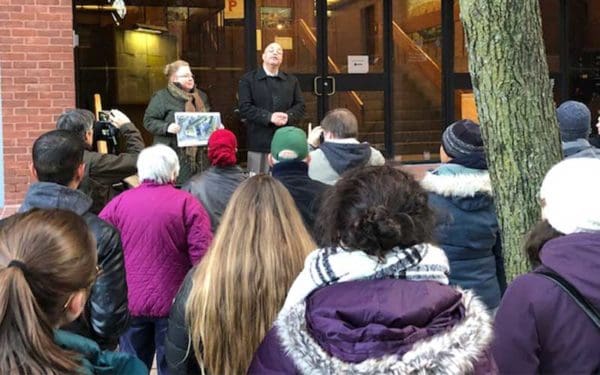
“Congress must prioritize people over polluters,” said Bradley Campbell, President of Conservation Law Foundation. “The very communities that continue to suffer disproportionately high rates of disease at the hands of big oil are now directly affected by the COVID-19 outbreak. Any relief legislation must be focused on helping these families and not bailing out big oil and gas.”

For centuries, Atlantic cod has been essential to New England’s identity. Yet today, you can rarely find locally caught cod in a grocery store or on a menu – because it has been fished to the brink of disaster. Here’s what it’s going to take to save New England’s founding fish.
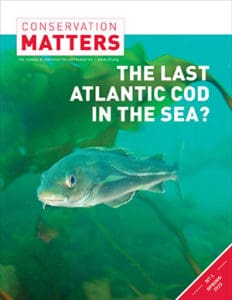
In this uncertain time, we hope that you and your loved ones are healthy and safe. Here at CLF, we are taking all necessary precautions to care for our staff and their families during this unprecedented crisis. Fortunately, CLF’s advocacy has never been defined or confined by the walls of a building.
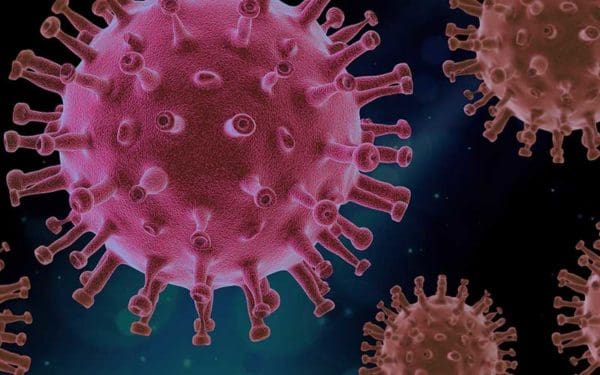
“The decision to scrap plans for this garbage depot is an unqualified win for the neighborhood,” said Kevin Budris, staff attorney at CLF Rhode Island. “The community was loud and clear in opposing the toxic exhaust and dust this dirty facility would produce. We need to put our efforts into reducing waste, rather than forcing our communities to deal with pollution from trash that they did not create.”
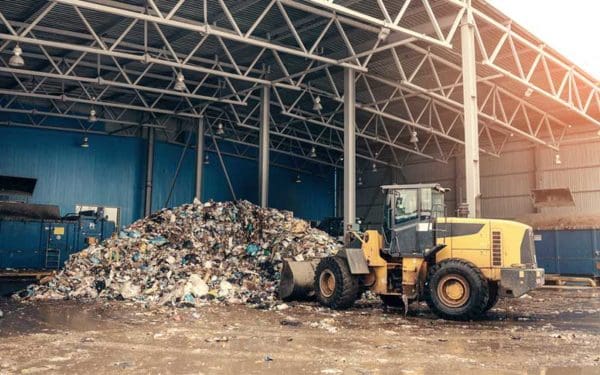
“The decision to scrap plans for this garbage depot is an unqualified win for the neighborhood,” said Kevin Budris, staff attorney at Conservation Law Foundation (CLF) Rhode Island.
My first day on the job as Connecticut River Conservancy’s newest River Steward was a whirlwind – literally. We got an early morning start with our friends at the U.S. Fish & Wildlife Service for a windy trip up and down the Connecticut River on their airboat. As we came to our first stop and dismounted the boat, I was shocked and disappointed to see the amount of plastic bottles and nips littering Connecticut’s shoreline.
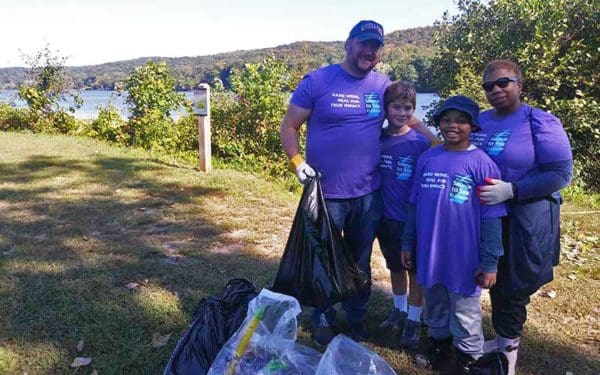
We all know the trash we throw away is a disaster for our environment and communities. From landfills growing into mountains of waste to incinerators spewing toxic pollutants to the pollution of our water and air (including climate-damaging emissions) – the impacts of waste disposal are not only disturbing, but they’re also avoidable. For decades… Continue reading Will New Hampshire Be A Dumping Ground for the Region? (Not If We Can Stop It)
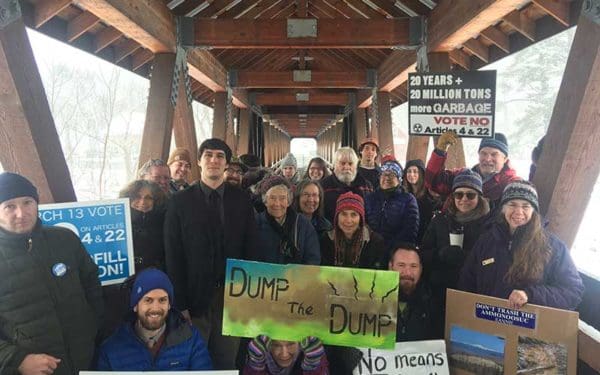
One of the day’s presenters was John Hite of the Conservation Law Foundation. “I will say that we do have one program in place currently that is the single most effective recycling program we know,” he said. “Does anybody know what that is?” The answer — the bottle redemption program